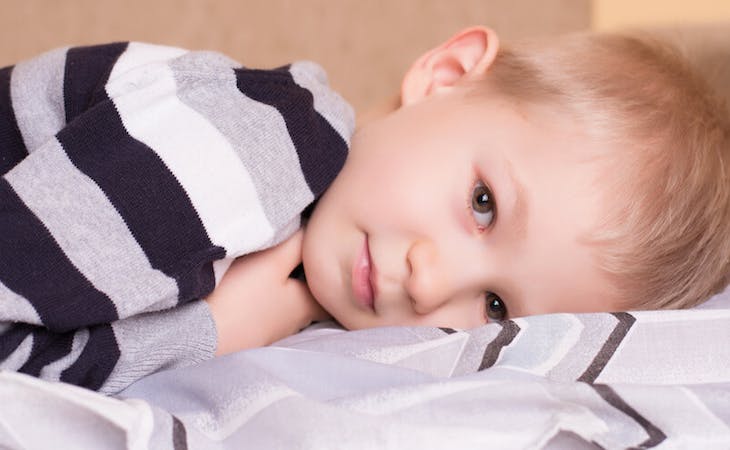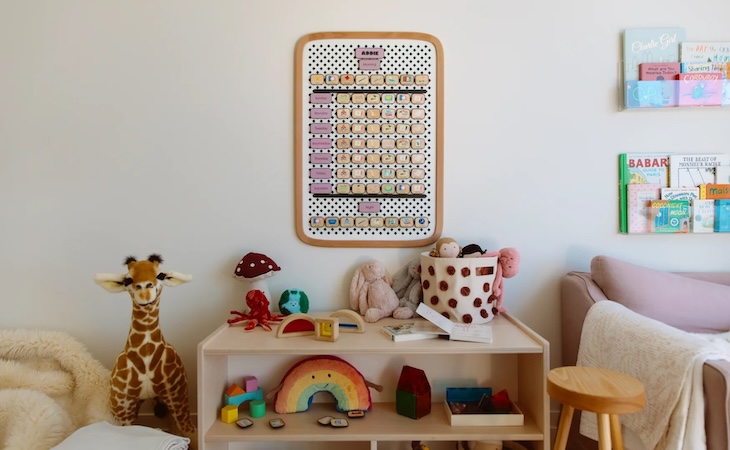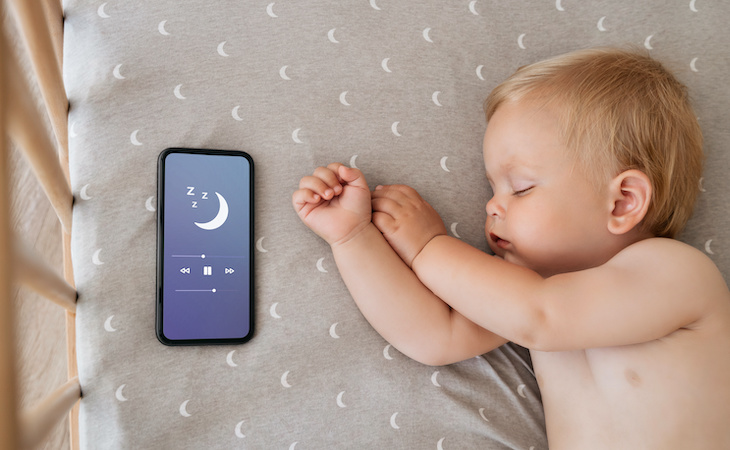Sleep is important in every person’s life—but it might be most important in the lives of children, considering that it’s crucial to their proper growth and development. For children with Attention Deficit Hyperactivity Disorder (ADHD), though, getting adequate shut-eye can be tough.
What does ADHD do to a child?
According to the Centers for Disease Control and Prevention, more than six million children ages 2 to 17 have ADHD. These kids “have difficulty paying attention and are often hyperactive,” says Lynelle Schneeberg, PsyD, sleep psychologist, fellow of the American Academy of Sleep Medicine, and author of Become Your Child’s Sleep Coach.
“They may be disorganized and easily distracted,” she adds. “They may have difficulties both at home and in school, and they may have social difficulties as well.” Kids with ADHD can have trouble sitting still and getting mind and body to settle down, a prerequisite for sleep.
Here, learn more about the relationship between ADHD and sleep and find out what you can do to ensure your child is able to catch those much-needed Z’s.
How does ADHD affect a child’s sleep?
“ADHD can make it more difficult for a child to make the transition from wake-time activities to bedtime activities,” says Schneeberg. Not only that, but she also notes that many ADHD meds “are alerting and wake-promoting, so they may impact drowsiness.”
All these factors can lead to a sleep-deprived child—and lack of sleep can affect a kid in various ways, regardless of whether or not they have ADHD. “Sleep impacts so many aspects of growth and development,” Schneeberg says. “Kids who get enough sleep are better able to pay attention and learn at school. Adequate sleep helps a child organize, remember, and recall what he or she has learned during the day. Kids who sleep better usually have better grades.”
Lack of sleep can also result in behavioral issues, something that can already be problematic for a child with ADHD. “Kids who do not get enough sleep may have behavior problems that could include aggressiveness, defiance, impulsivity, hyperactivity, and frequent tantrums,” notes Schneeberg.
Ways to help a child with ADHD get better sleep
The good news is that it’s possible to help your child with ADHD achieve high-quality sleep. If your child has ADHD, follow this expert advice to help them snooze soundly:
- Feed them a bedtime snack: “Parents can make sure to give children a substantial bedtime snack since many children take in most of their nutrition in the morning before they take their ADHD medications and after they wear off again in the evening,” says Schneeberg.
- Stick to a routine: For a child with ADHD, a bedtime routine is key. “Parents can make sure that the bedtime routine proceeds in a logical way from alerting and physical activities to quieter and more calming ones,” Schneeberg says. “For example, dance-offs, wrestling, and anything that involves a screen should be earlier in the evening routine.” Follow that up with a low-sugar snack, warm bath, teeth brushing, and one final trip to the bathroom. “The routine would ideally conclude with books read in the child’s bed with a parent,” says Schneeberg. “This type of routine helps to quiet the child and will also begin to cue drowsiness if started at the same time every night and done in the same order every evening.”
- Adjust medication: If your child is having difficulty sleeping, a medication check may be in order. “Parents can make sure that the child’s medications are adjusted properly so that they help a child in the daytime but do not keep them awake at night,” says Schneeberg. Work with your child’s doctor to find the medication routine that works best. (Learn about melatonin supplements for children.)
Is it ADHD—or something else?
Keep in mind that it’s possible for a child with ADHD to be misdiagnosed, says Schneeberg. In fact, it could be sleep apnea masquerading as ADHD.
“Ideally, every child with ADHD or even the question of this diagnosis should have sleep apnea ruled out if there are any concerns at all with their breathing at night,” says Schneeberg. These breathing issues can include pauses, snoring, gasping, choking, or sleeping with the head and neck in an unusual or elevated position.
“Undiagnosed and untreated sleep apnea will often look like ADHD since children with this problem will also have difficulties paying attention and are often hyperactive,” explains Schneeberg. “The usual treatment for children is an evaluation by an ear, nose, and throat physician to find out if removing tonsils and/or adenoids might significantly improve the child’s sleep.”




